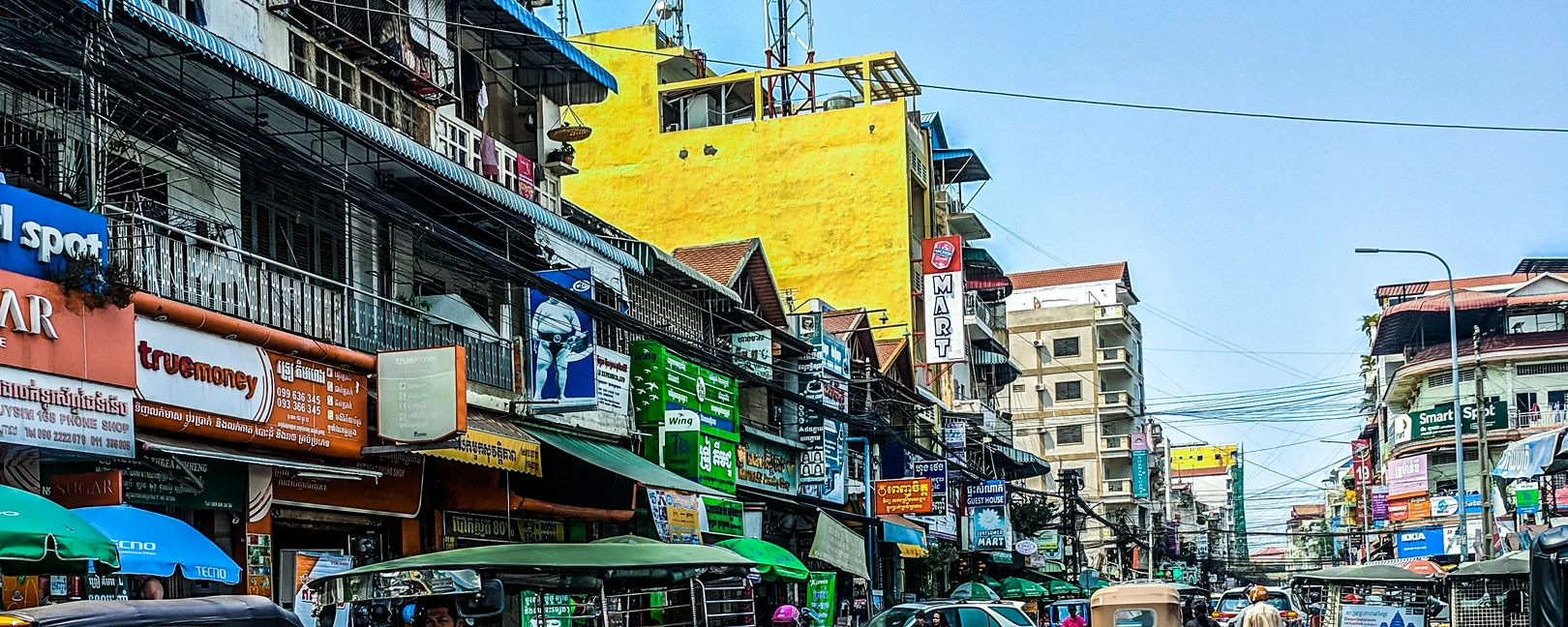Cambodia: Stolen land, stolen elections?
Decades after the Khmer Rouge’s reign and after the end of the civil war in the 1990s, Cambodia is governed today by political elite that is criticized by international observers as being authoritarian and corrupt. State institutions and private investors are driving the exploitation of rural resources, which is accompanied by massive human rights violations, especially in regard to Cambodia’s indigenous population. Given the lack of rule of law and legal certainty, the parliamentary elections are hardly expected to be free and fair this year.
The National Electoral Commission’s announcement of a victory for Hun Sen and his party, who have been ruling since 1985, is being rejected by the opposition parties on grounds of suspected widespread voter fraud.
Our updated dossier analyzes the preliminary results of this year’s election and seeks, through a series of interviews, film contributions and studies, a critical examination of Cambodia’s development. In the process, we give representatives from Cambodian and German civil society and politics a chance to speak and also ask how responsible German and European policies towards Cambodia could look like, including what role should be allocated to Germany’s heavily criticized development cooperation in Cambodia. At the end of August, in advance of the negotiations between the German and Cambodian governments, an article on the official development cooperation with Cambodia will be released.
- German version: Wahlen in Kambodscha 2013
- Statement by the Spokesperson of High Representative Catherine Ashton on the 29th of July 2013 following the elections in Cambodia (Download: PDF, 95KB)
Elections in Cambodia 2013
Land Grabbing and Eviction in Cambodia
Video: Cambodia for Sale (2009, Khmer/engl.)
Video: Empowering Women Over Cambodia´s Airwaves
Empowering Women Over Cambodia´s Airwaves (Ian White, 2008) - Heinrich-Böll-Stiftung
 Watch on YouTube
Watch on YouTube






